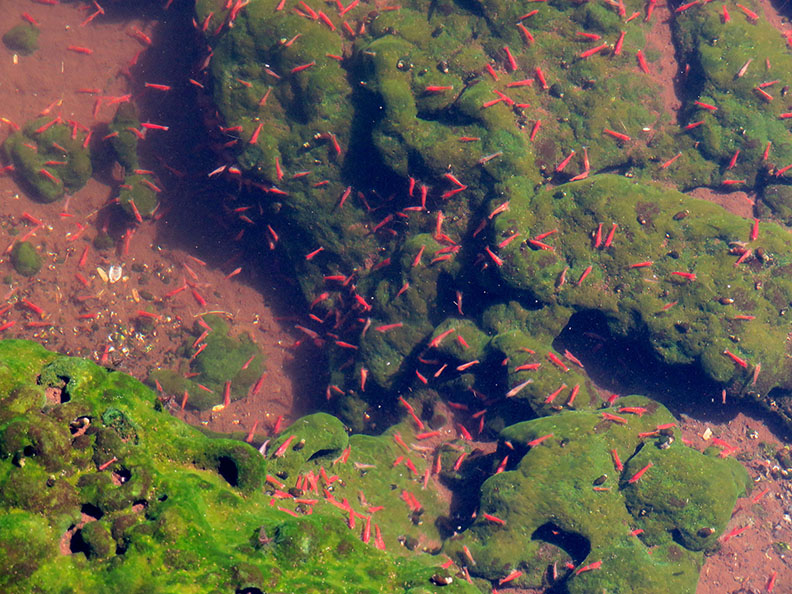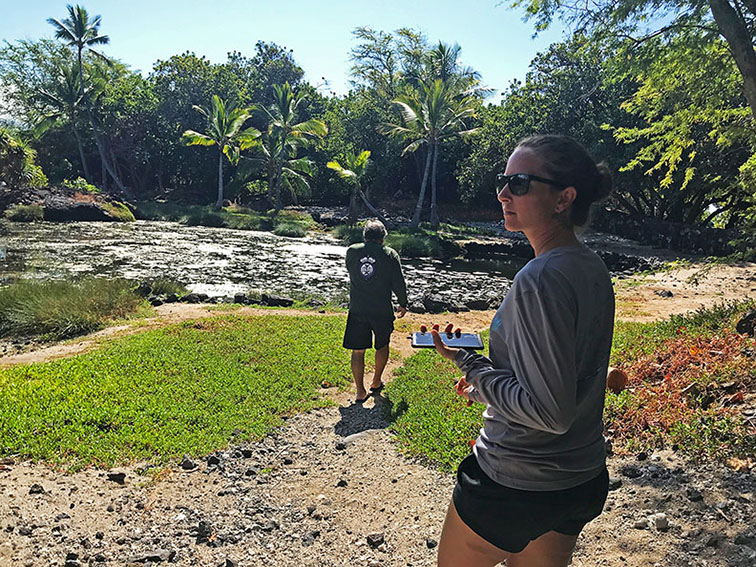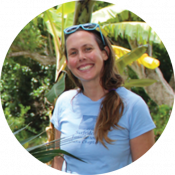

SPONSOR:
USGS Water Resources Institute Program
PROJECT PERIOD:
2020 – 2022
PROJECT PIs:
Leah Bremer, CO-PIs: Kim Burnett, Celia Smith, Henrietta Dulai, Greg Chun, and Aly El-Kadi
COLLABORATORS:
Chris Wada (Research Economist UHERO), Veronica Gibson (PhD student), and Brytne Okuhata (PhD student)
ABSTRACT:
There are growing calls from around the world to more holistically manage water for the multiple ecological, economic, and cultural uses. Central to Hawaiʻi’s public trust doctrine is the need to protect groundwater dependent ecosystems (GDEs) like fish ponds (loko iʻa), anchialine pools (wai ʻōpae), and nearshore ecosystems. Protecting these systems requires understanding the multiple ways they are used and valued as well as the ways in which groundwater pumping, land management, and climate change might affect these systems through their influence on the quality and quantity of groundwater. We use mixed methods, including archival analysis and semi-structured interviews to understand the ways that people in Kona currently and historically have used, valued, and cared for GDEs. This project is developing future scenarios of cesspool (wastewater) management, forest conservation, groundwater pumping, and climate change to assess how coastal groundwater quality and quantity may change and how this will affect valued GDEs along the coast of the Keauhou aquifer. Collectively, this research aims to help to inform decision making around interlinked systems of land and water management that have interacting influences on GDEs of high cultural, ecological, and economic value.
PRINCIPAL INVESTIGATOR
